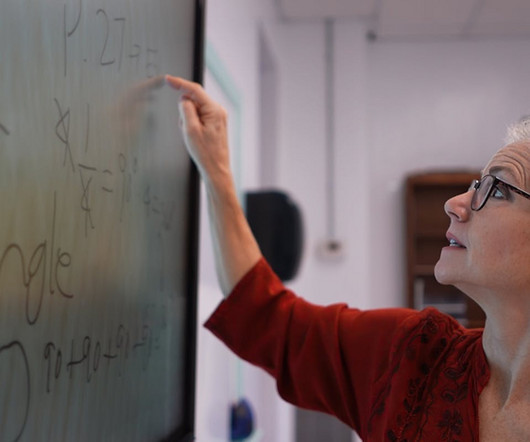?Online Courses Shouldn’t Use Remote Proctoring Tools. Here’s Why.
Edsurge
APRIL 19, 2017
My first objective, to increase the number of online courses, is grounded in research and campus goals for increasing student success. In the last five years, research has shown that students want choices in how they take their classes. More than that, it goes against much of what we teach students about online privacy.













Let's personalize your content